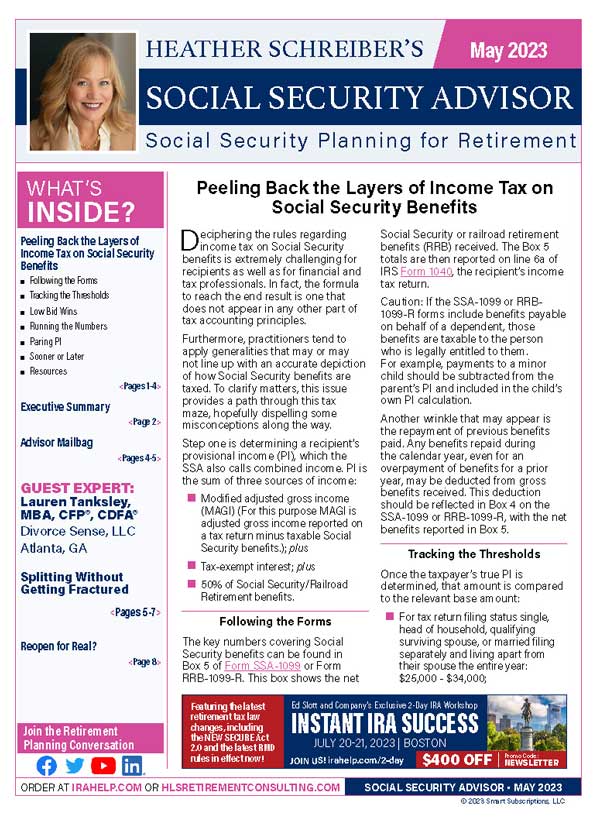Navigating the world of Medicare can feel like deciphering a complex code. However, understanding the initial enrollment period is crucial to ensure you get the coverage you need without incurring costly penalties or gaps in healthcare coverage. Let’s break down what you need to know.
What is the Initial Enrollment Period?
The Initial Enrollment Period (IEP) is your first chance to sign up for Medicare when you reach 65. It’s the seven-month window that includes:
- The three months before you turn 65
- The month you turn 65
- The three months after you turn 65
Why Sign Up During the Initial Enrollment Period?
Signing up during the IEP can help avoid late enrollment penalties for Medicare Part B (outpatient services) and Part D (prescription drugs). These penalties can increase your premiums for as long as you have Medicare, so enrolling on time is essential.
How to Enroll
If you’re already receiving Social Security or a Railroad Retirement Board benefit, you’ll be automatically enrolled in Medicare Part A (hospital insurance) and Part B. You’ll receive your Medicare card about three months before your 65th birthday.
You’ll need to actively enroll in Medicare during your IEP if you’re not receiving retirement benefits. You can do this:
- Online: Visit the Medicare website (www.medicare.gov) and enroll in Part A and B.
- Phone: Call Social Security at 1-800-772-1213 (TTY 1-800-325-0778).
- In-person: Visit your local Social Security office.
When You Might Not Need to Sign Up for Medicare at 65
While Medicare’s IEP is crucial for many, it’s not a one-size-fits-all scenario. If you’re still working or have certain types of coverage, you might not need to enroll in Medicare at 65. Let’s explore the exceptions.
Working Past 65
If you’re still working for an employer with 20 or more employees or covered under your spouse’s plan meeting the same criteria, you likely don’t need to enroll in Medicare Part B yet. Your employer-based coverage is your primary insurance, and Medicare Part A (if you enroll) or Part B would be secondary.
Special Enrollment Period
When you stop working or your employer-based coverage ends, you’ll have an eight-month Special Enrollment Period (SEP) to sign up for Part B without facing a late penalty. The clock starts the month your employment ends or your group coverage ends, whichever happens first. Remember that COBRA and retiree coverage are not considered creditable and do not qualify for the special enrollment period.
Sign up as soon as possible to avoid any gaps in coverage. If you participate in a Health Savings Account, those contributions must stop once enrollment into any part of Medicare begins, including Part A.
Choosing Your Coverage
Medicare offers several options to tailor coverage to your needs:
- Original Medicare (Part A and Part B): You must add Part D coverage for prescriptions. You may also want a Medicare Supplement Insurance (Medigap) plan to cover out-of-pocket costs.
- Medicare Advantage (Part C): These plans bundle Part A, Part B, and usually Part D coverage. They may offer additional benefits like dental, vision, or hearing care.
Review and Compare Plans
Before enrolling, research and compare plans based on your needs and budget. Consider factors like:
- Network: If you have a doctor you want to continue seeing, make sure they’re in the plan’s network.
- Prescription Coverage: If you take specific medications, check the plan’s formulary to ensure they’re covered.
- Out-of-Pocket Costs: To understand your potential expenses, consider the deductible, copays, and coinsurance.
- Additional Benefits: Do you want extras like fitness programs or meal delivery after a hospital stay?
Get Help if You Need It
Enrolling in Medicare can feel overwhelming. Don’t hesitate to reach out to:
- Medicare: Call 1-800-MEDICARE (1-800-633-4227) for general questions.
- State Health Insurance Assistance Program (SHIP): Local SHIP offices offer free, personalized counseling. Find your local SHIP at www.shiptacenter.org.
- Licensed Insurance Agent: An agent specializing in Medicare can help you compare plans and enroll.
The Bottom Line
The initial enrollment period is your first opportunity to sign up for Medicare. By understanding your options and enrolling on time, you can ensure you have the coverage you need while avoiding costly penalties. Take the time to research and compare plans – your future self will thank you.
- Roth IRAs: A Powerful Tool for Tax Efficient Planning - February 28, 2025
- Understanding Medicare’s Initial Enrollment Period - August 2, 2024
- Social Security Cost-of-Living Adjustment for 2024: The Numbers Are In! - November 13, 2023





